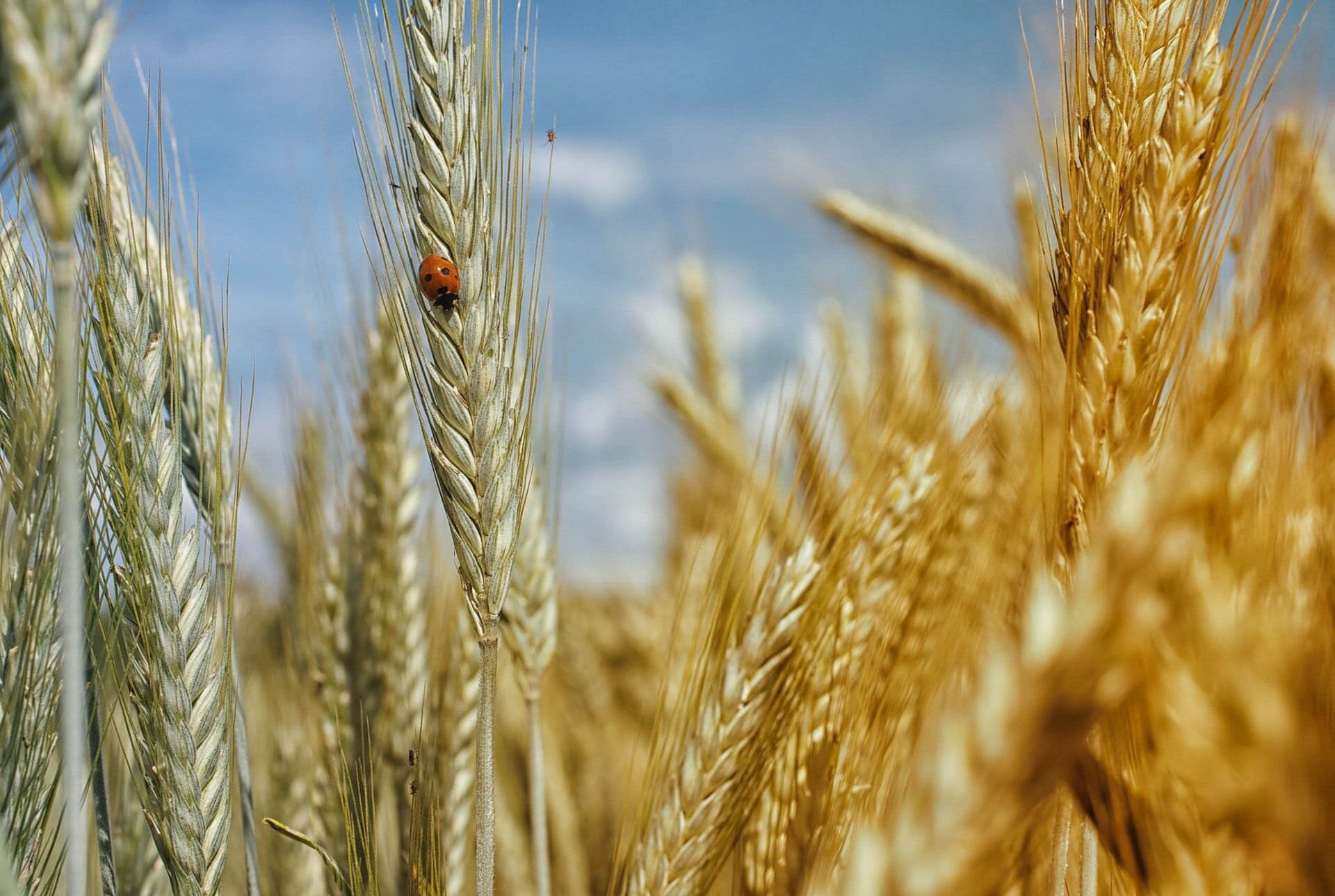5 Nutrition Tips for Parkinson's Disease
/
With April being Parkinson’s Disease Awareness Month, I thought it was a good time to offer a few nutrition tips for people with Parkinson’s Disease or for caregivers taking care of a loved one with Parkinson’s Disease. Although symptoms can be different for each person, these nutrition tips can be useful for pretty much everyone whether you have Parkinson’s Disease or not.
Nutrition Tip #1: Eat High Fiber Foods.
It’s estimated that as many as 63% of people with Parkinson’s disease struggle with constipation. High fiber foods help keep food and waste moving through the gut. Including several servings of fruits and vegetables each day, along with beans and whole grains (oats, quinoa and whole wheat bread) daily, will help you get enough fiber to help prevent or improve constipation.
High Fiber Foods
Nutrition Tip #2: Drink Plenty of Water.
Getting enough fluid is also important for preventing constipation, especially when adding more high fiber foods. Many medications needed for Parkinson’s disease can also cause dry mouth or constipation, making those fluids even more important to get each day. Keep a reusable water bottle nearby as a reminder to drink in between meals and to be able to measure how much you’ve consumed throughout the day.
Drink Plenty of Water
The general recommendation is 8 cups of water per day, so aiming for 32 ounces finished before lunch and drinking the remainder by early evening is a useful strategy. Some people may need more than 8 cups, so talk with your doctor or registered dietitian for individualized recommendations. To get started, measure how much you’re currently drinking on a typical day and gradually add 4-8 ounces per day until you reach 64 ounces.
Nutrition Tip #3: Eat Memory Boosting Foods
Memory Boosting Berries
We all want to keep a sharp mind and good memory for as long as possible, and eating memory boosting foods my help prevent or delay Dementia and Alzheimer’s disease according to several studies (1,2). Memory boosting foods also have many other nutritional benefits, such as providing fiber and antioxidants. I encourage my clients to aim for a serving of each of these foods as close to daily as possible:
· ½ cup Berries -- especially blueberries and blackberries, but strawberries and raspberries are good too. They’re rich in antioxidants that are good for the brain.
· ½ cup Beans -- lentils, black beans, pinto beans, chickpeas, kidney beans and edamame are all great choices. Along with adding fiber, they have B vitamins that people with Parkinson’s disease need and may help prevent memory loss.
· ¼ cup Nuts –Choose a variety of nuts, but be sure walnuts are a part of the mix. Nuts have vitamin E, an antioxidant the brain needs a lot of. Nuts can also help decrease inflammation and may slow or prevent memory loss.
· 2 cups Dark Leafy Greens – Arugula, spinach, kale, swiss chard, romaine and collard greens. These leafy veggies have different antioxidants than berries and nuts, so that’s why it’s important to get all of these foods regularly. The Chicago Health and Aging Project (CHAP) showed participants who consumed the most dark leafy greens had significantly less cognitive decline than those who at the least dark leafy greens.
Nutrition Tip #4: Get Enough Protein
The right amount of protein is important because we lose muscle faster as we age, so we need to make sure we’re eating enough to prevent even faster muscle loss. For people with Parkinson’s disease getting enough protein can be even more challenging if limiting protein when taking Levodopa to maximize the medication’s benefits. Protein needs are based on many factors, including age, gender, activity level and the timing of when to eat protein differs depending on types and timing of medications. Protein is also important because it can be a good source of B vitamins and in particular vitamin B 12, which is often found to be low in people who have Parkinson’s disease. Include a variety of protein foods, like lean beef, chicken, fish and eggs, along with dairy and plant-based protein (beans, tofu, edamame). Talking with your doctor or a registered dietitian can help you determine how much protein is right for you and when throughout the day is best to eat protein.
Nutrition Tip #5: Choose Dairy or Dairy Alternatives
Dairy foods offer both calcium and vitamin D, which are two very important minerals for keeping bones strong. If you tolerate dairy, it offers a variety of nutrients that work together to maximize the absorption of calcium for your bones. It does contain protein, so may need to be timed properly to avoid interfering with Parkinson’s medications. A dairy alternative that also provides protein, calcium and vitamin D is soy milk. Other dairy milk alternatives (rice, almond, cashew and coconut milks) may be a useful choice for providing fluids without the protein, but be sure to check the Nutrition Facts label to ensure they are fortified with calcium and vitamin D. You may also want to talk with your doctor or registered dietitian about whether a calcium and vitamin D supplement would be helpful for you.
I’m a big believer in making small changes over time to achieve healthy results. Based on these 5 nutrition tips, what 1 or 2 changes will you make to your daily eating routine?















